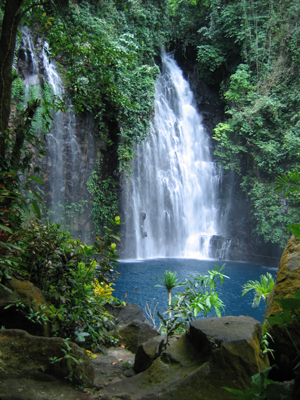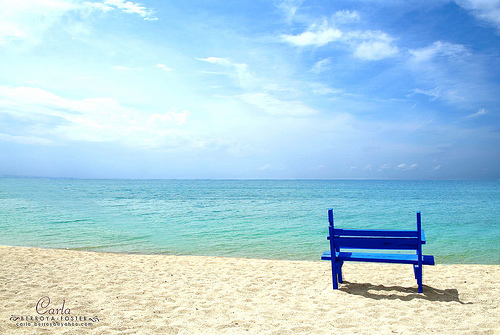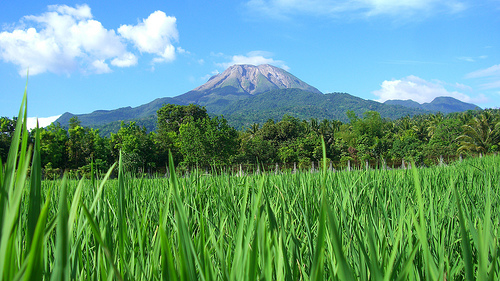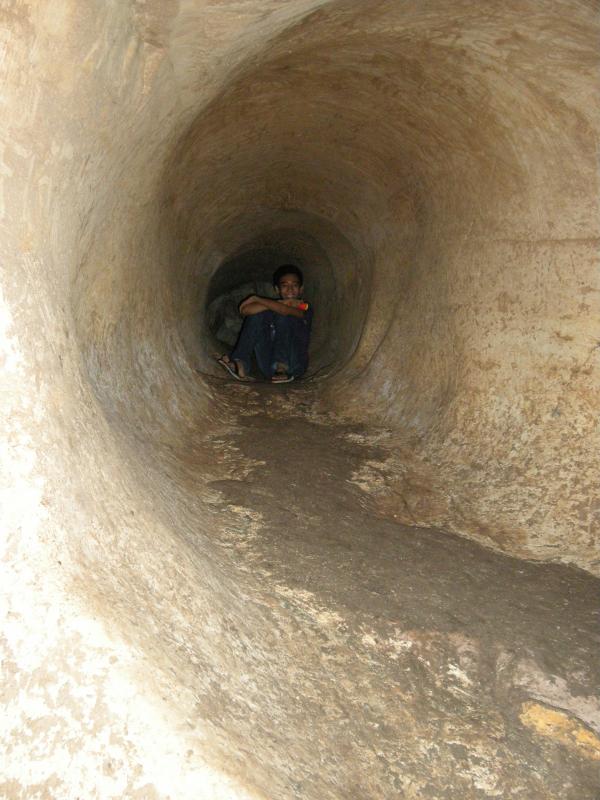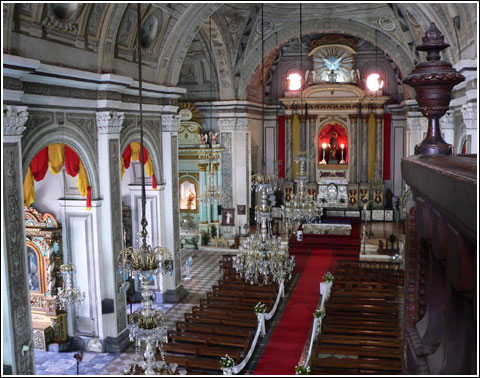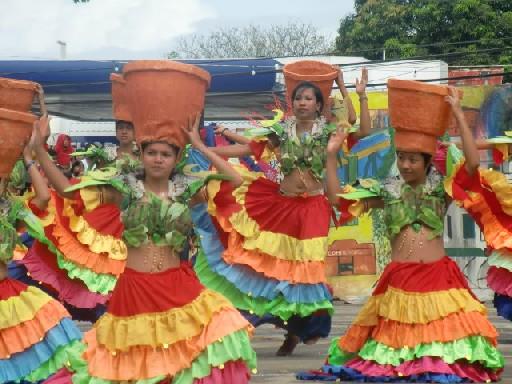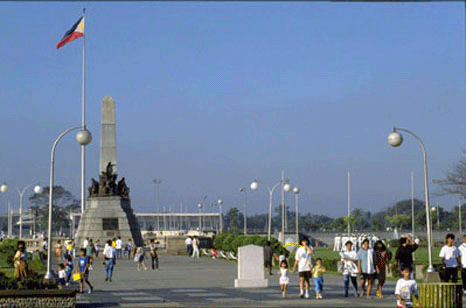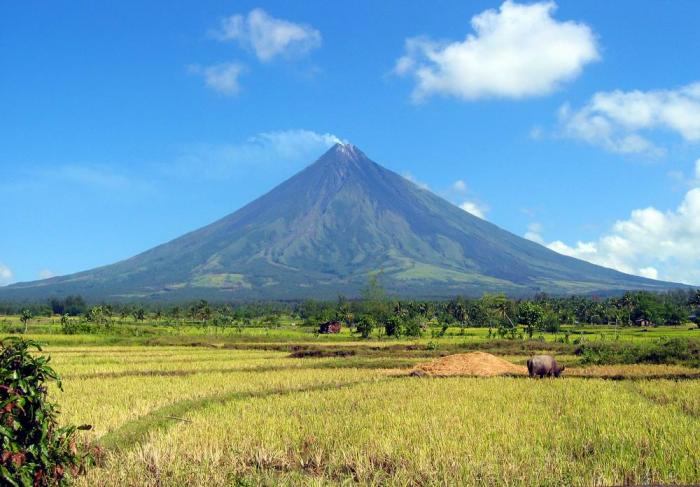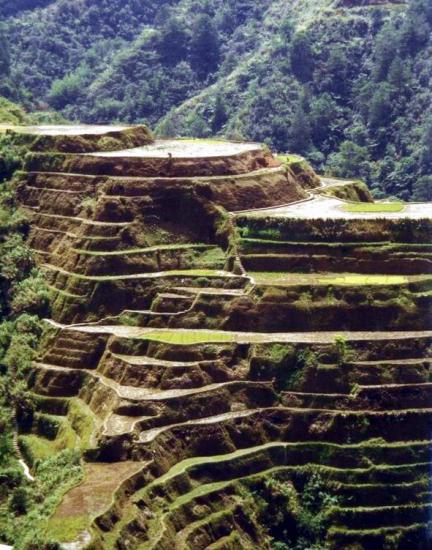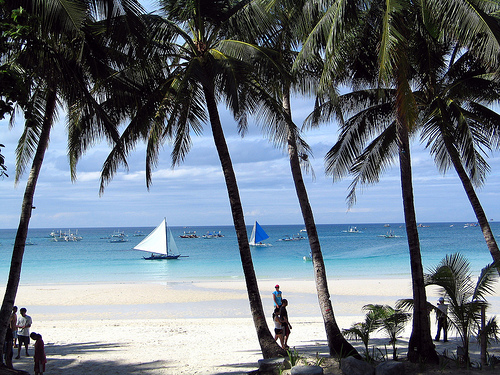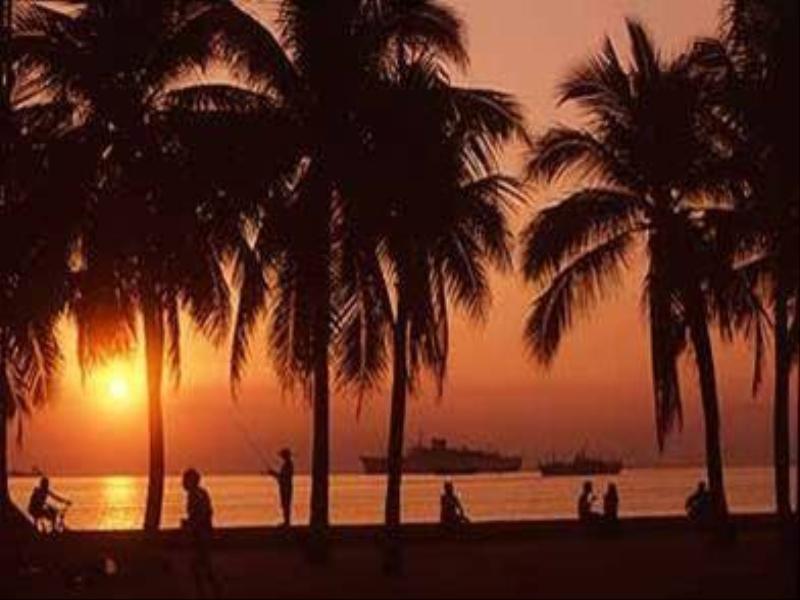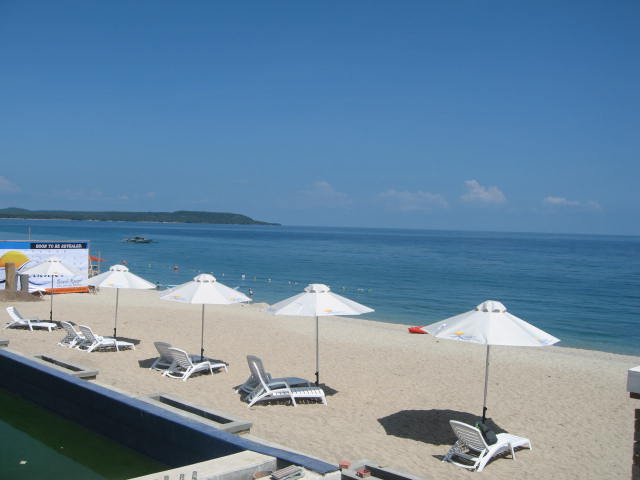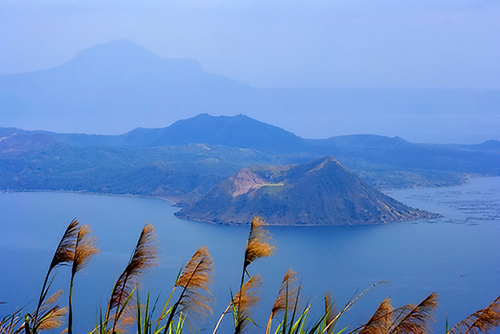Posts Tagged ‘Mud Man’
MUD MAN FESTIVAL
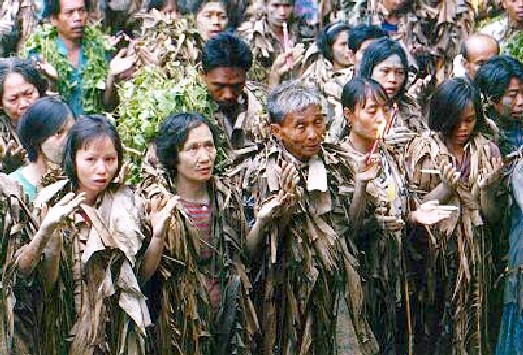 Photo from: lakbaynuevaecija.blogspot.com
Photo from: lakbaynuevaecija.blogspot.com
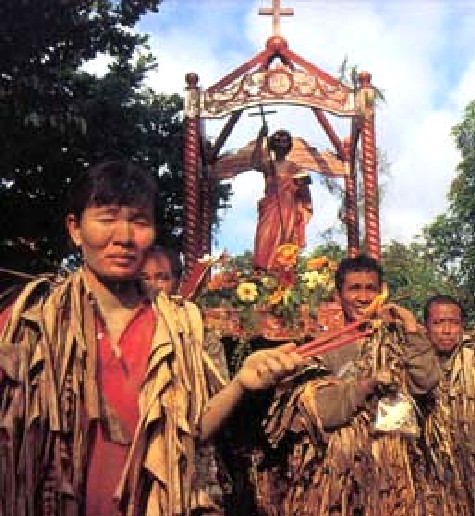 Photo from: tourism.gov.ph
Photo from: tourism.gov.ph
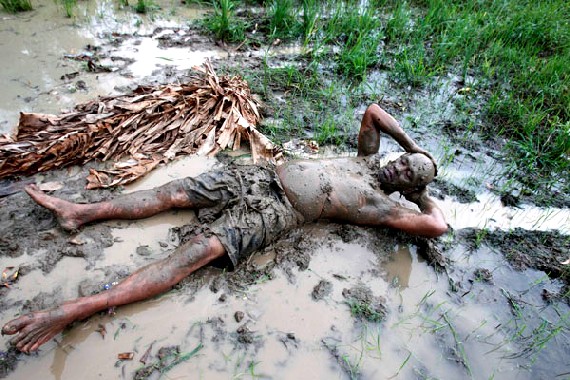 Photom from: blogs.reuters.com
Photom from: blogs.reuters.com
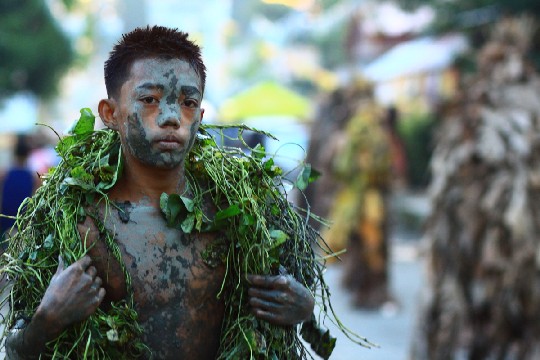 Photo from: interaksyon.com
Photo from: interaksyon.com
In the Philippines, as in other Catholic countries, June 24 is observed as the feast day of Saint John the Baptist. The day offers an excuse to engage in revelry such as dousing water on unwary people.
In Aliaga, Nueva Ecija, in Barangay Bibiclat, hundreds of devotees of the village’s patron saint, John the Baptist, transform themselves into “mud people” — literally “taong putik.” The locals call the ritual Pagsa-San Juan. Outsiders call it the “Taong Putik” Festival, an event — an experience — that has recently caught the attention and interest of the tourism sector.
Nobody knows exactly when the Taong Putik Festival started. One legend says the image of the patron saint which was brought to Bibiclat by early Ilocano settlers, helped in driving away poisonous snakes from the village. The name “Bibiclat” came from the Ilocano word “biclat” meaning snake. Another legend says that when Japanese soldiers during World War II were about to execute all the men in the village in retaliation for the death of 13 fellow soldiers, it rained so hard that the male villagers had to be herded into the church to seek shelter. After a while, the Japanese soldiers had a change of mind and set their captives free. The residents attributed this to a miracle of Saint John the Baptist, and vowed to pay homage to him on his feast day by wearing costumes patterned after his attire — this time, using native materials. – monvalmonte.com
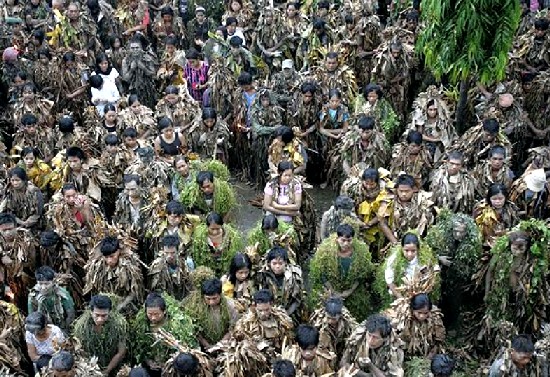 Photo from: stella-arnaldo.blogspot.com
Photo from: stella-arnaldo.blogspot.com
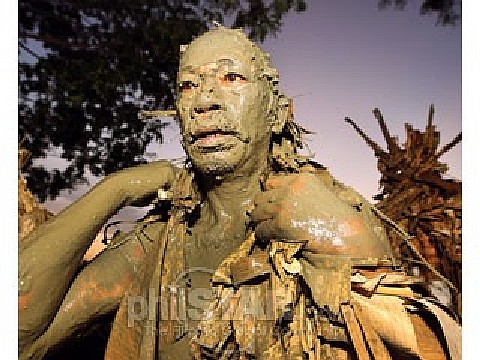 Photo from: 208.184.76.175
Photo from: 208.184.76.175
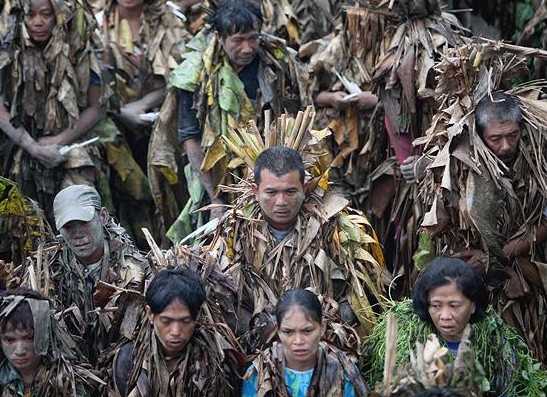 Photo from: localyte.com
Photo from: localyte.com
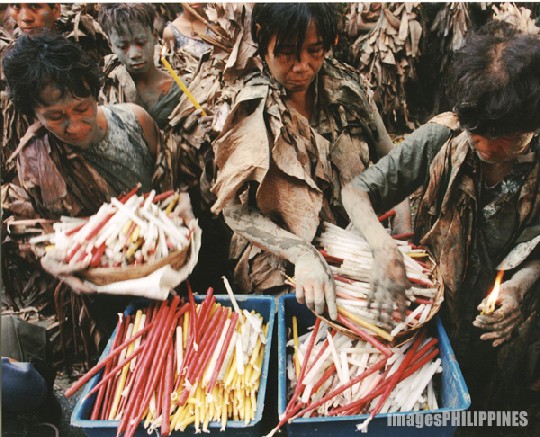 Photo from: imagesphilippines.com
Photo from: imagesphilippines.com
Most festivals of St. John the Baptist are about drenching from water and getting wet on the streets. If you want to witness a festival on June 24 and you don’t want to get wet while watching, you should visit the Nueva Ecija’s Taong Putik Festival. This is held on barangay Biblicat in Aliaga, a travel of four and a half hours from Manila by land.
Early morning on the day of June 24, residents are covered with mud and dressed with dried banana or coconut leaves and vines. Men, women and even children are joining this festival. They go from a house to another to ask for candles or even money to buy candles. If rejected, they will wipe mud on the face of person who doesn’t give anything. After collecting candles from different houses, participants gather around the plaza and light the candles. They will offer prayers for thanksgiving and show their gratefulness on the blessing bestowed by their patron Saint John the Baptist. This is followed by an outdoor mass to bless the day of the festival.
The image of Saint John the Baptist will roam the barangay carried on shoulders by chosen devoted men. A group of musician forming a band on full costume will play musical scoring while the image of the saint is being carried around the town. The costume of these mud men, who are the center of attraction of this festival, are said to be a resemblance of Saint John’s attire when he baptized Jesus Christ. The costumes are made from indigenous materials.
However weird and unique festival the Taong Putik may look, the values and preparation for this is exceptional. This kind of celebration is criticized by others. According to them, it is more of a pagan festival and not a catholic way of giving thanks to saints. But the churchmen of Nueva Ecija give credits to this incredible and different way of patronizing Saint John the Baptist. The people and the church both agree on the way the festival goes. The important thing is that you are part of the festival and you have fun celebrating it. – hotelsphilippines.org
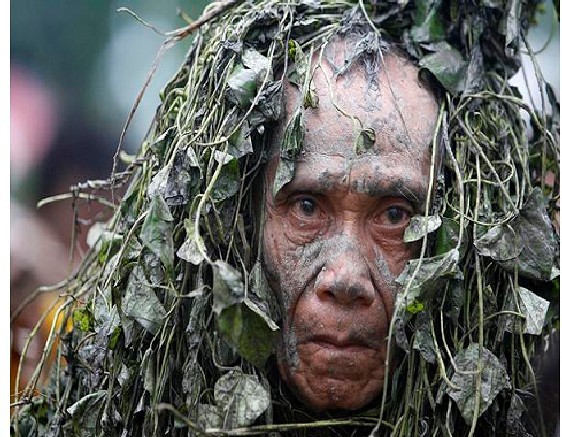 Photo from: globalpinays.com
Photo from: globalpinays.com
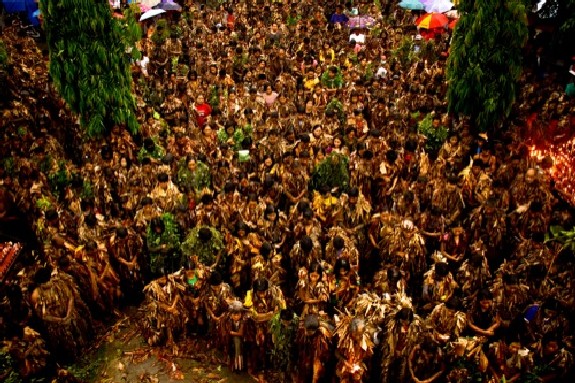 Photo from: thunderbird-asia.com
Photo from: thunderbird-asia.com
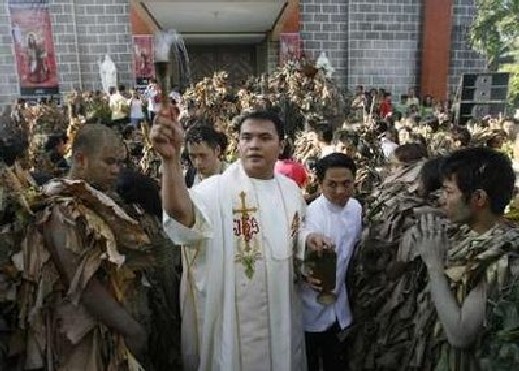 Photo From: monvalmonte.com
Photo From: monvalmonte.com
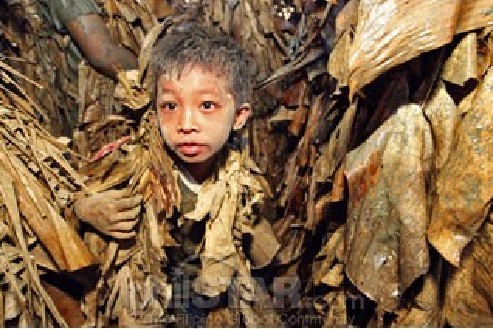 Photo from: philstar.com
Photo from: philstar.com
TABLE OF CONTENTS
Nueva Ecija – Rice Granary of the Philippines
Interesting Spots in Nueva Ecija
Colorful Festivals in Nueva Ecija
Nueva Ecija Photo Gallery
Nueva Ecija Video Collection
Other Visitors Also Viewed:
The Enchanting Libtec Underground River
Best Tourist Attractions in Zamboanga del Sur
Amoingon Beach is Called The Snorkeling Capital of Marinduque
The Magnificent Baliuag Lenten (Holy Week) Procession in Bulacan
Interesting Places to Visit in Siquijor
Join the “Wet ‘n Wild” Regada Water Festival in Cavite
Fun Activities To Do in Romblon

